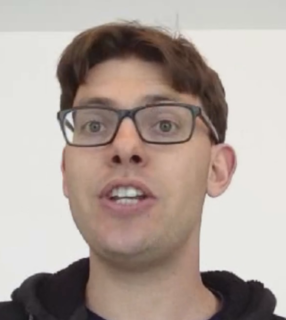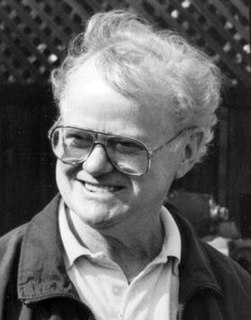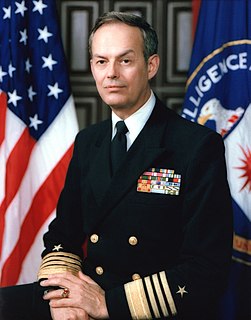A Quote by B. F. Skinner
The feeling of being interested can act as a kind of neurological signal, directing us to fruitful areas of inquiry.
Related Quotes
I think now that I've tried directing, I'm not interested in doing adaptations anymore. I could do an adaptation of someone else's work that I would write, but the idea of taking someone else's material entirely doesn't interest me. One of the things that I found really helpful, at least in my mind - and I've never discussed this with the actors or with the people I work with - is that being a neophyte in directing, I feel like I have a kind of authority simply because I'm the writer as well.
Throughout evolutionary history, anxiety and fear have helped every species to be wary and to survive. Fear can signal us to act, or, alternatively, to resist the impulse to act. It can help us to make wise, self-protective choices in and out of relationships where we might otherwise sail mindlessly along, ignoring signs of trouble.
In the Christian sense, love is not primarily an emotion but an act of the will. When Jesus tells us to love our neighbors, he is not telling us to love them in the sense of responding to them with a cozy emotional feeling. You can as well produce a cozy emotional feeling as you can a cough or sneeze. On the contrary, he is telling us to love our neighbors in the sense of being willing to work for their well-being even if it means sacrificing our well-being to that end.
I love to direct! I get really jazzed by directing, but directing is not the same kind of personal expression, the same kind of personal intimate expression that writing is. Because when you're directing, you're basically managing, basically getting out of people doing their job, except when you see them going astray.






































